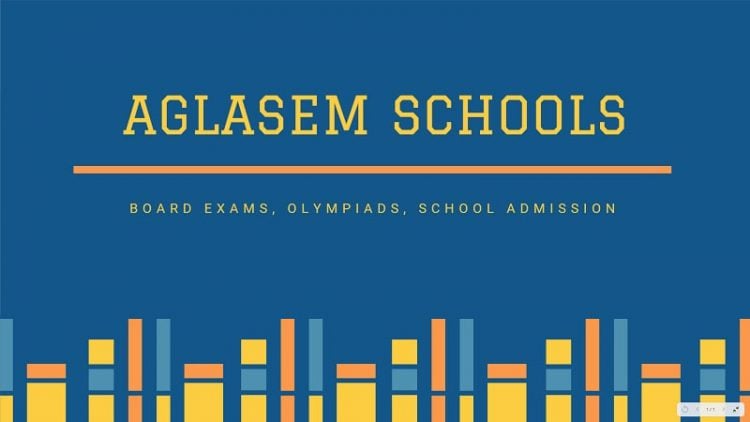Scholarship Exams, Olympiads – at National Level
- National Talent Search Exam (NTSE) for Class 10 Students
- National Means Merit Scholarship (NMMS) for Class 8 Students
- Kishore Vaigyanik Protsahan Yojana (KVPY) for Class 11, 12 Students
- Aryabhata Ganit Challenge
- INSPIRE Scholarship
Scholarship Exams, Olympiads – at National Level – by Organizations
- Science Olympiad Foundation
- Silverzone
- Unified Council
- ICAI Commerce Wizard
- Indian Talent Olympiad
- Vidyarthi Vigyan Manthan
- Unicus Olympiads
Olympiads – at International Level
- International Mathematical Olympiad
- National Qualifier – IOQM
- International Science Olympiad
- National Qualifier – National Standard Examination
Scholarship Exams, Olympiads – at State Level
- MSCE Pune Scholarship – Maharashtra
- PMST – Odisha
- Kerala LSS USS Scholarship Examination – Kerala
- Tamil Nadu Rural Students Talent Search Examination (TRUST) – Tamil Nadu
- PMSSS – JnK
Scholarship Exams, Olympiads – by Coaching Centers
Scholarship Exams for Govt / Org Coaching
To get study material, exam alerts and news, join our Whatsapp Channel.

Leave a Reply